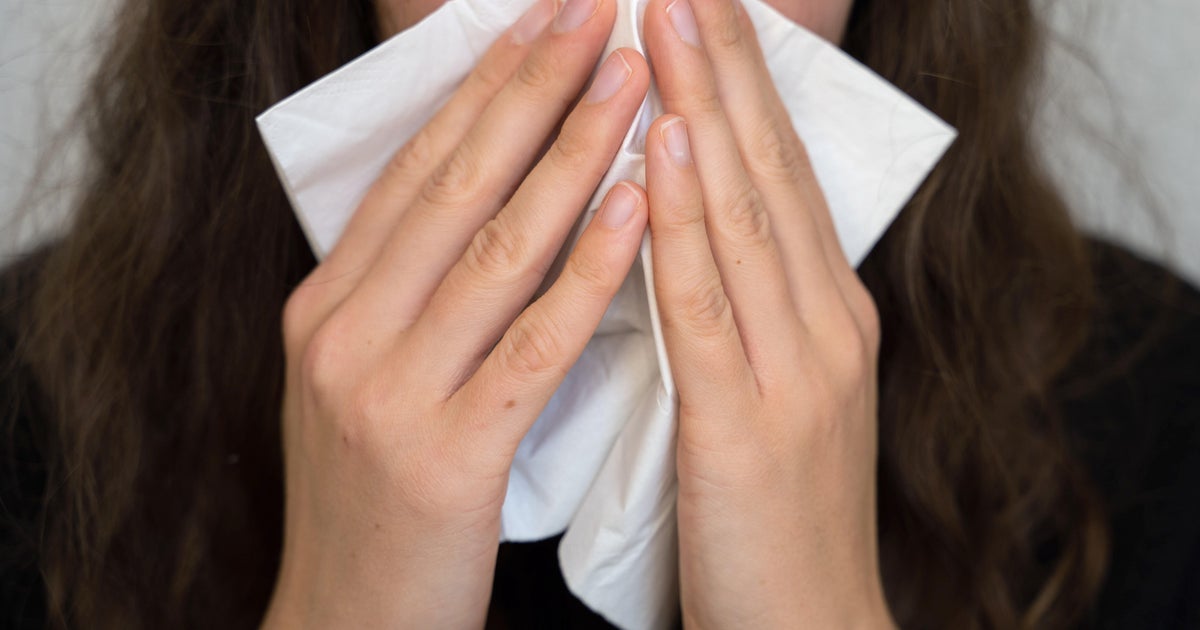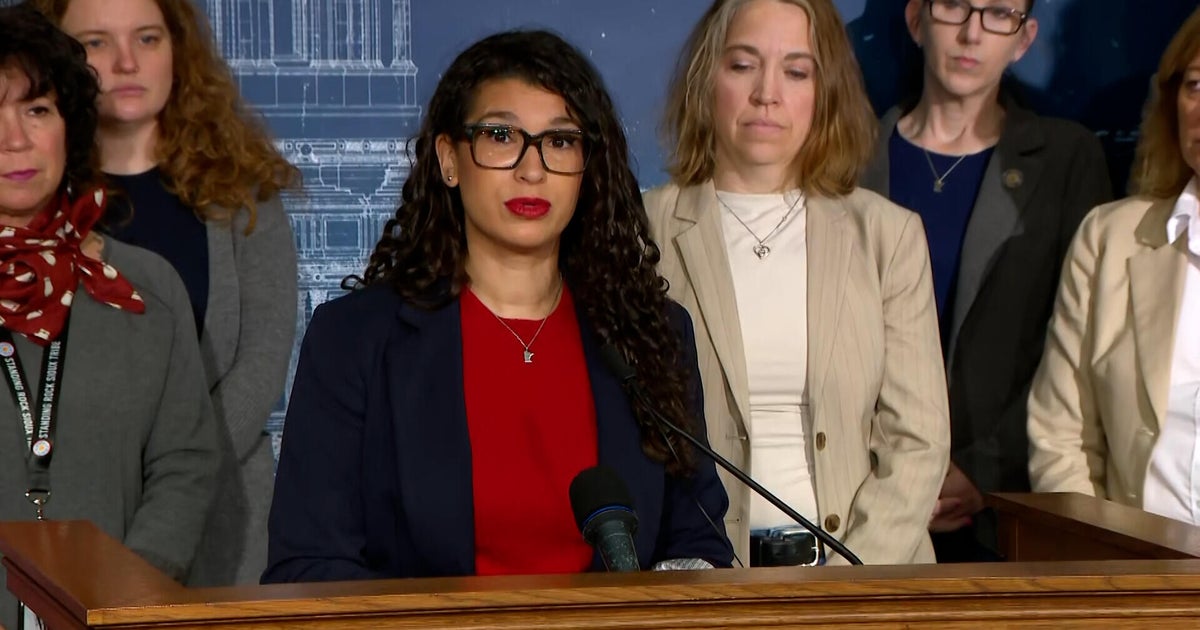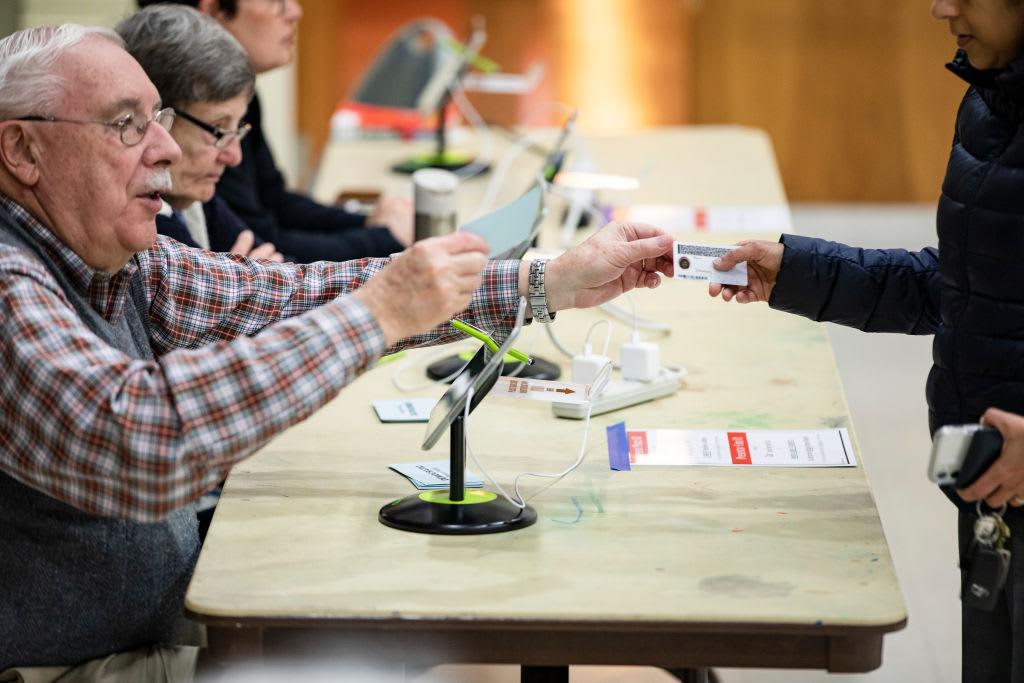Doctor urges governors to "use some common sense" as coronavirus cases surge
The U.S. saw 63,000 new coronavirus cases Thursday, yet another record amid a surge in illnesses driven by states that have fast-tracked the reopening of their economies. Public health professionals, like top infectious disease expert Dr. Anthony Fauci, have repeatedly urged states to proceed with caution or risk fatalities spiraling out of control.
"I'm hoping that the governors use some common sense and close up again," physician and Rutgers medical professor Dr. Bob Lahita told CBSN anchor Anne-Marie Green. "It comes close to irresponsible, reopening, until we have absolute proof that the disease is under control."
As reopenings became an "economic issue" to governors, he said health care professionals have been "pushed to the side" in conversations that should be based on a balance of economic and medical factors.
"I understand that some of these meetings at the governors' mansions have included eight businesspeople versus one epidemiologist or one doctor," he said. "Prioritization for a lot of the governors are to get the economy rolling again."
States like Texas and Florida, whose governors pushed for rapid reopening, are starting to see ICUs fill to capacity as coronavirus cases mount. Lahita predicted "tremendous deaths" in those areas, adding that it was a "very good idea" for them to take steps to roll back reopening measures.
"What we saw in the Northeast, if you recall, was we saw lots and lots of deaths until we took this seriously," he said.
The state of Georgia is also battling a coronavirus surge, after Republican Governor Brian Kemp let businesses like nail salons and gyms reopen as soon as the state's stay-at-home order expired.
Kemp is currently grappling with Atlanta's Democratic Mayor Keisha Lance Bottoms over what his office argues are "unenforceable" orders for people in the city to wear masks.
Lahita called out the "politicization of quarantining and of mitigation," and said it was "unfortunate" that some leaders appear willing to accept what he called "collateral damage" to reopen businesses.
"It isn't an embarrassment to close again if you're going to save hundreds and hundreds of lives, and that's where we are right now," he said.



